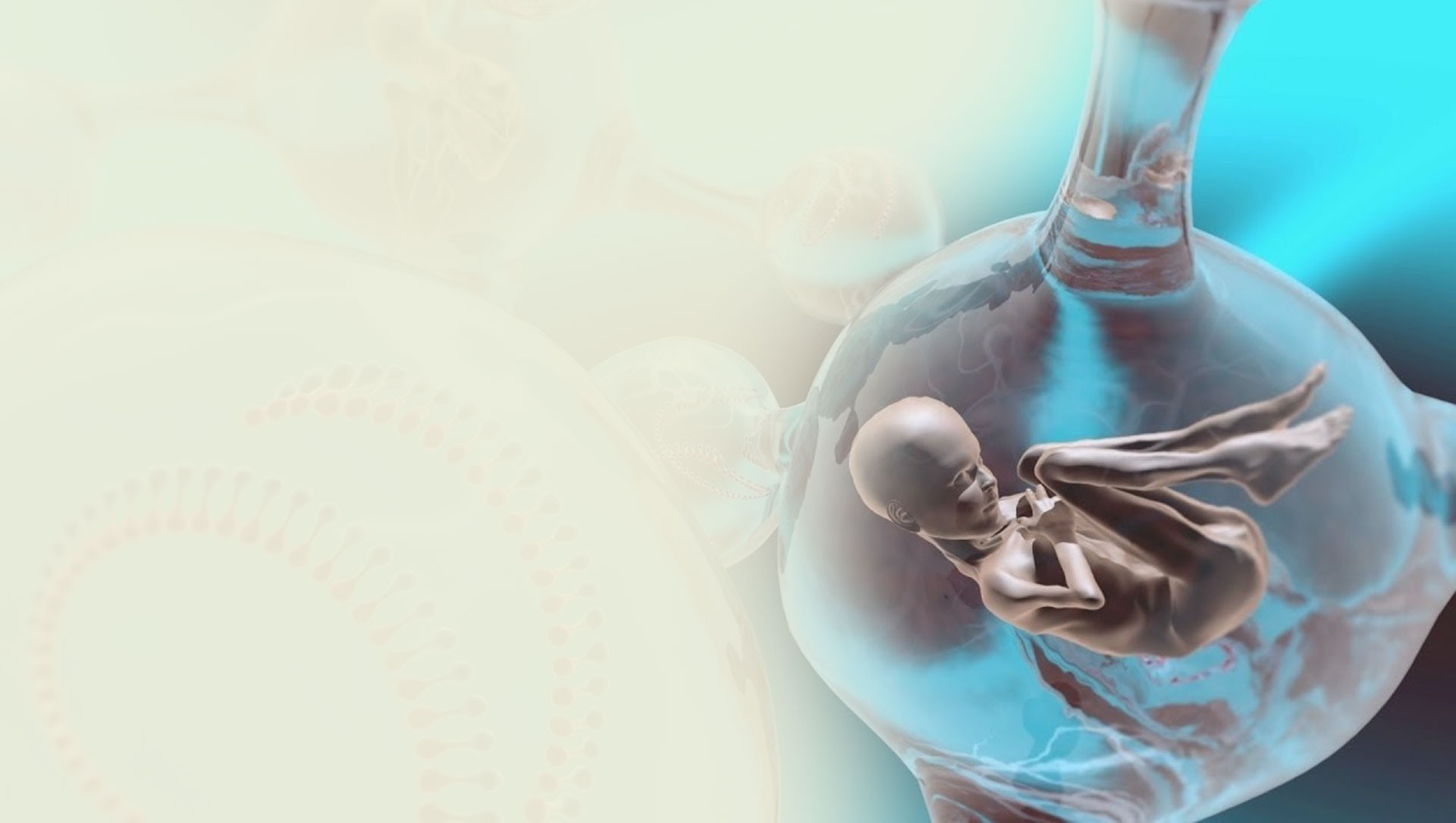
IVF ICSI Treatment in India

What is ICSI?

Intracytoplasmic sperm injection (ICSI) is a technique used in IVF that fertilizes an egg with a pre-selected sperm. ICSI is performed by an embryologist in the laboratory, under the guidance of a microscope. This helps to enable fertilization in cases where sperm have a low chance of fertilizing an egg on their own. Even when there are only a few sperm available, an embryologist can select the best sperm and directly insert it into the egg to fertilize it. High success rates with this procedure have revolutionized the treatment of male infertility.
Who is ICSI for?

ICSI can improve the chance of pregnancy with IVF for couples who meet the following criteria:
- Male partner has a very low sperm count and/or azoospermia.
- Male partner’s sperm cannot fertilize eggs on their own for various reasons, including poor morphology (sperm with an abnormal shape) and poor motility (sperm that do not swim in a straight line).
- Male partner who has had a vasectomy and needs sperm collected from the epididymis or testicles.
- Male partner who has a problem ejaculating, due to various medical conditions.
- Couples whose previous attempts at IVF failed due to poor fertilization.
- Couples who only have a few eggs available after retrieval due to diminished ovarian reserve.
ICSI can achieve fertilization for practically every man, as long as they have just a handful of sperm somewhere in the reproductive tract. In cases of severe male-factor infertility, ICSI is generally a more attractive option than other treatment options such as intrauterine insemination (IUI), which has been found to be mostly ineffective.


ICSI procedure

In a normal IVF cycle without ICSI, eggs and sperm are mixed in a petri dish and fertilization occurs spontaneously in the dish. In contrast, in an IVF cycle utilizing ICSI, an embryologist selects the best sperm from a semen sample using a microscope and injects the sperm directly into an egg.
After a few days, the fertilized eggs (now called embryos) are transferred into the uterus for pregnancy, just like in a normal IVF cycle without ICSI. An IVF-ICSI cycle is more or less the same experience to the patients, in that ovarian stimulation is followed by egg retrieval and embryo transfer.
In some cases, physicians and embryologists may know ahead of time that ICSI is likely needed, based on the results of semen analysis or outcomes of previous IVF cycles. In other cases, embryologists may discover on the day of egg retrieval that the poor sperm quality requires ICSI.
Some conditions may prevent male partners from providing sperm samples. For instance, men with azoospermia (complete lack of sperm in the ejaculate) cannot produce sperm naturally. In such cases, there are surgical interventions that can retrieve potentially viable sperm directly from epididymis (a small tube in the scrotum where sperm goes through its maturation process) or testicles. Delhi IVF Clinic works with a few expert urologists who can perform these micro-procedures. About 85% of azoospermic men can now become fathers of their own biological children this way.
